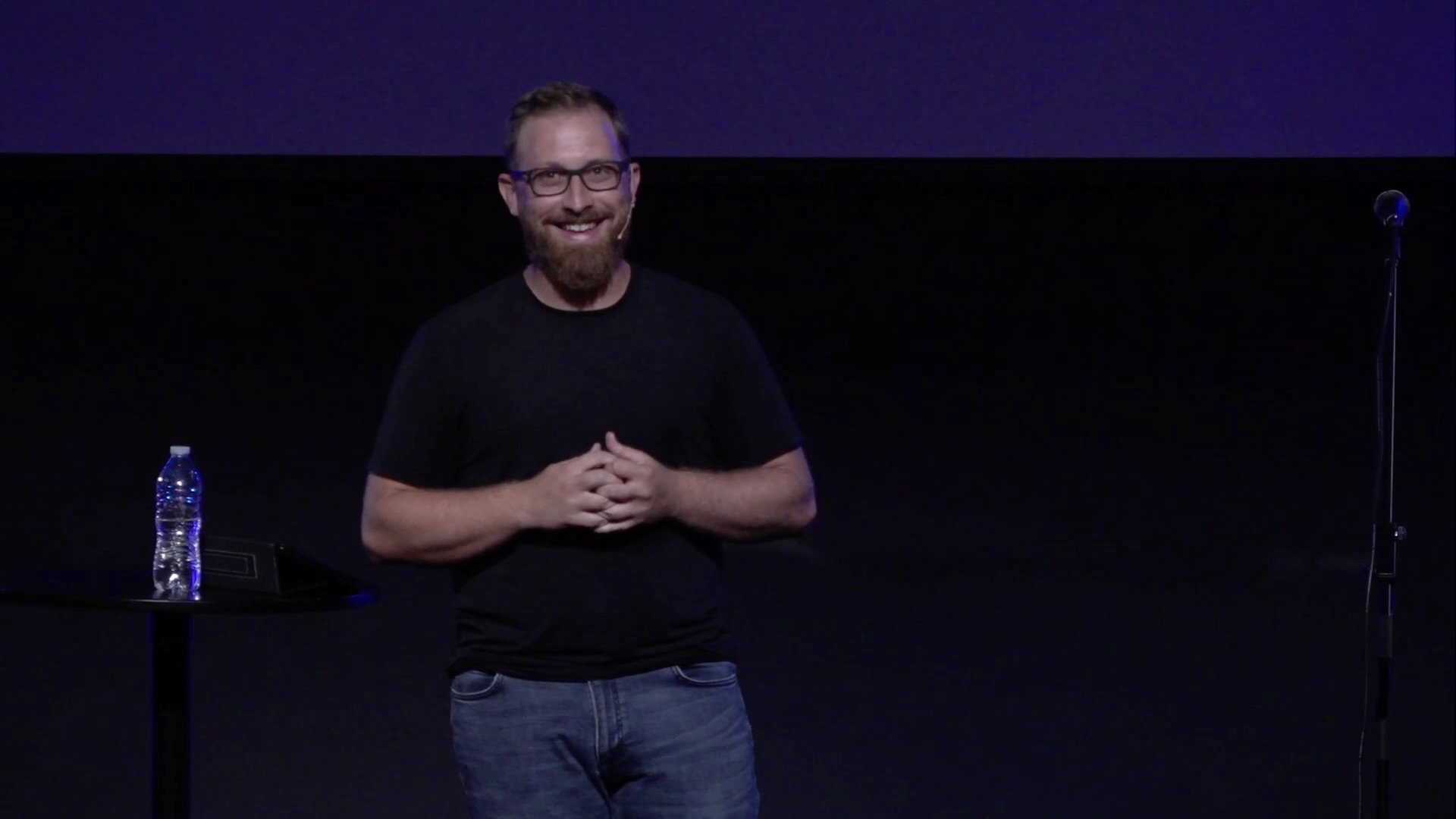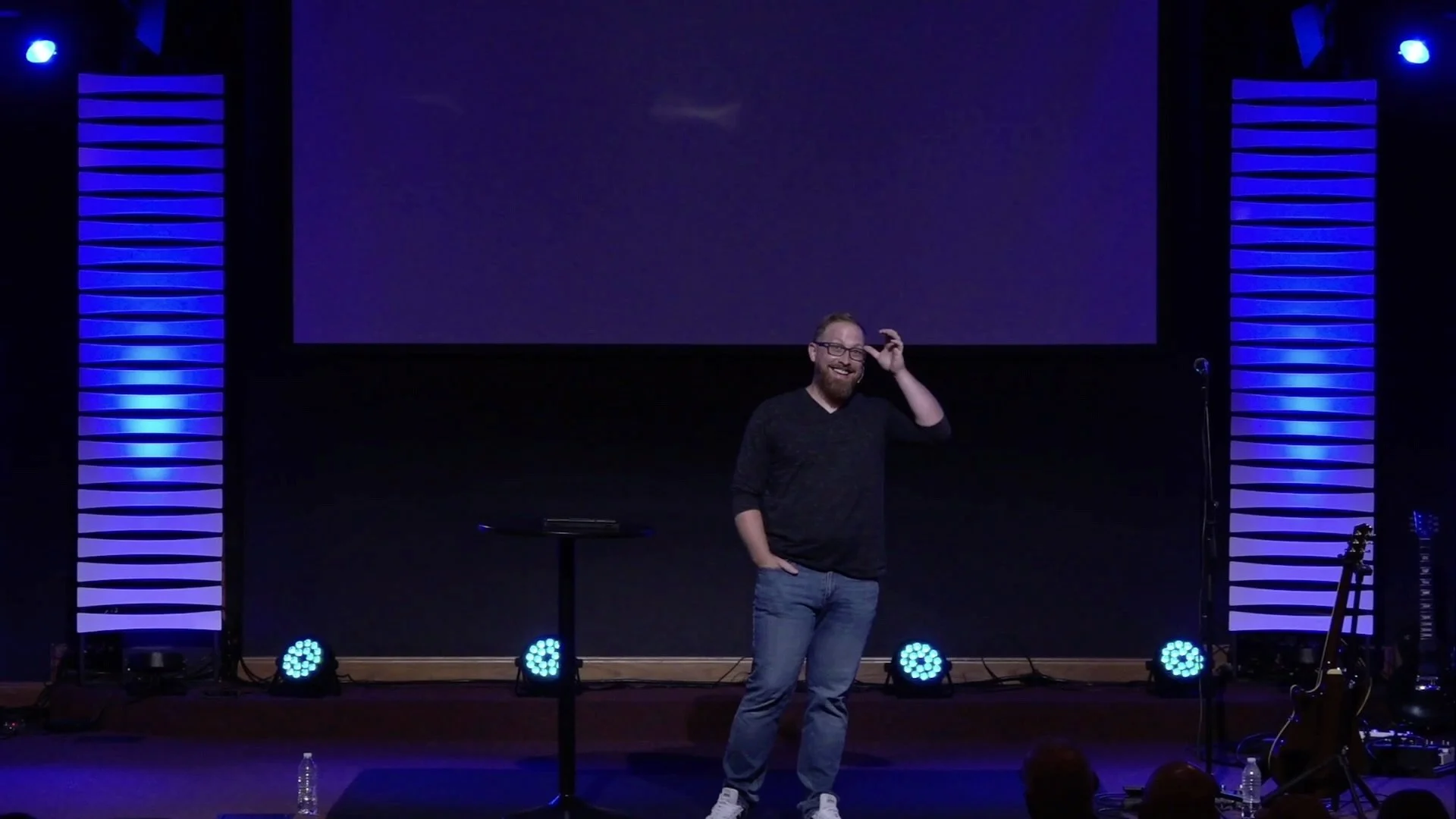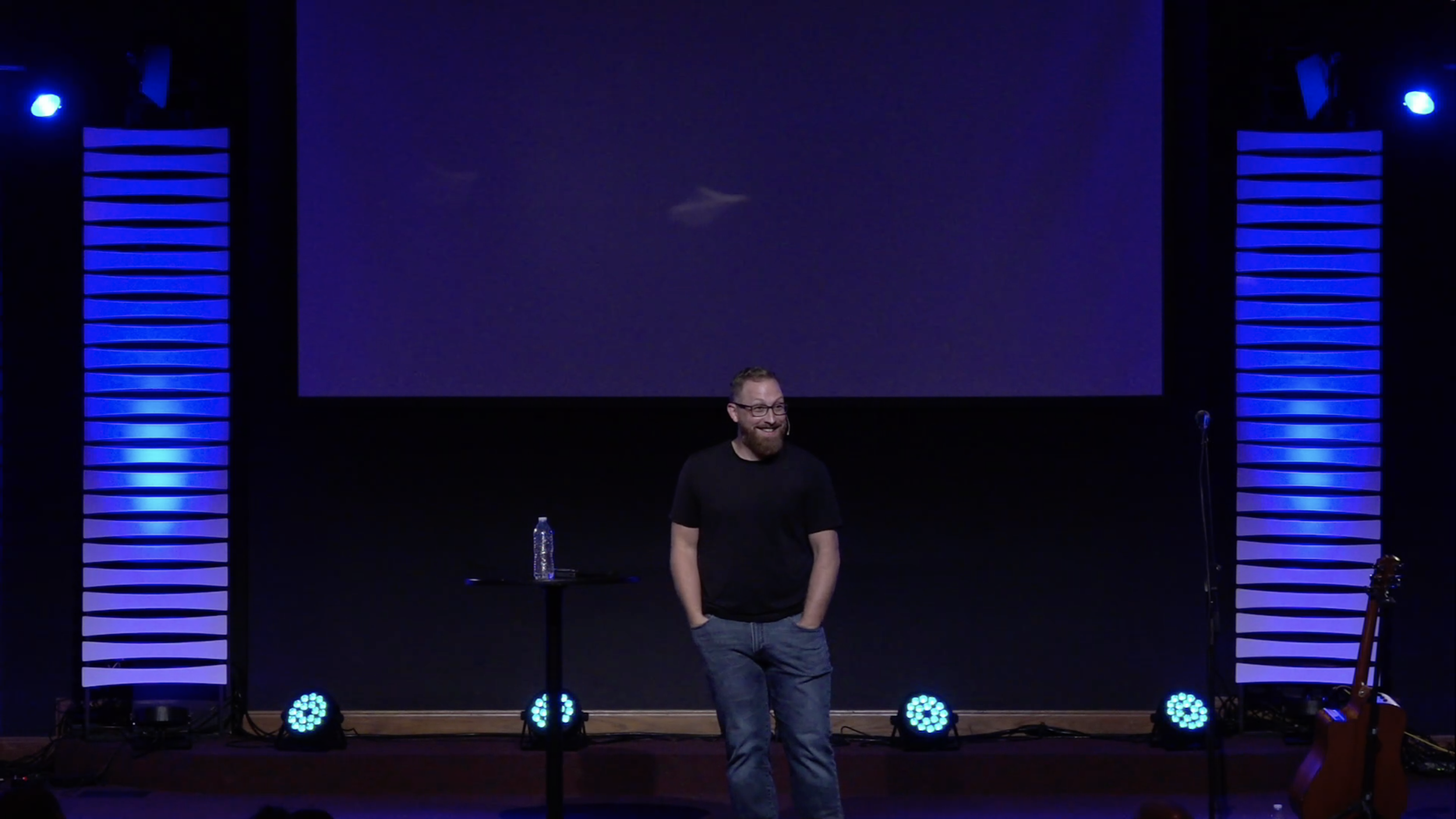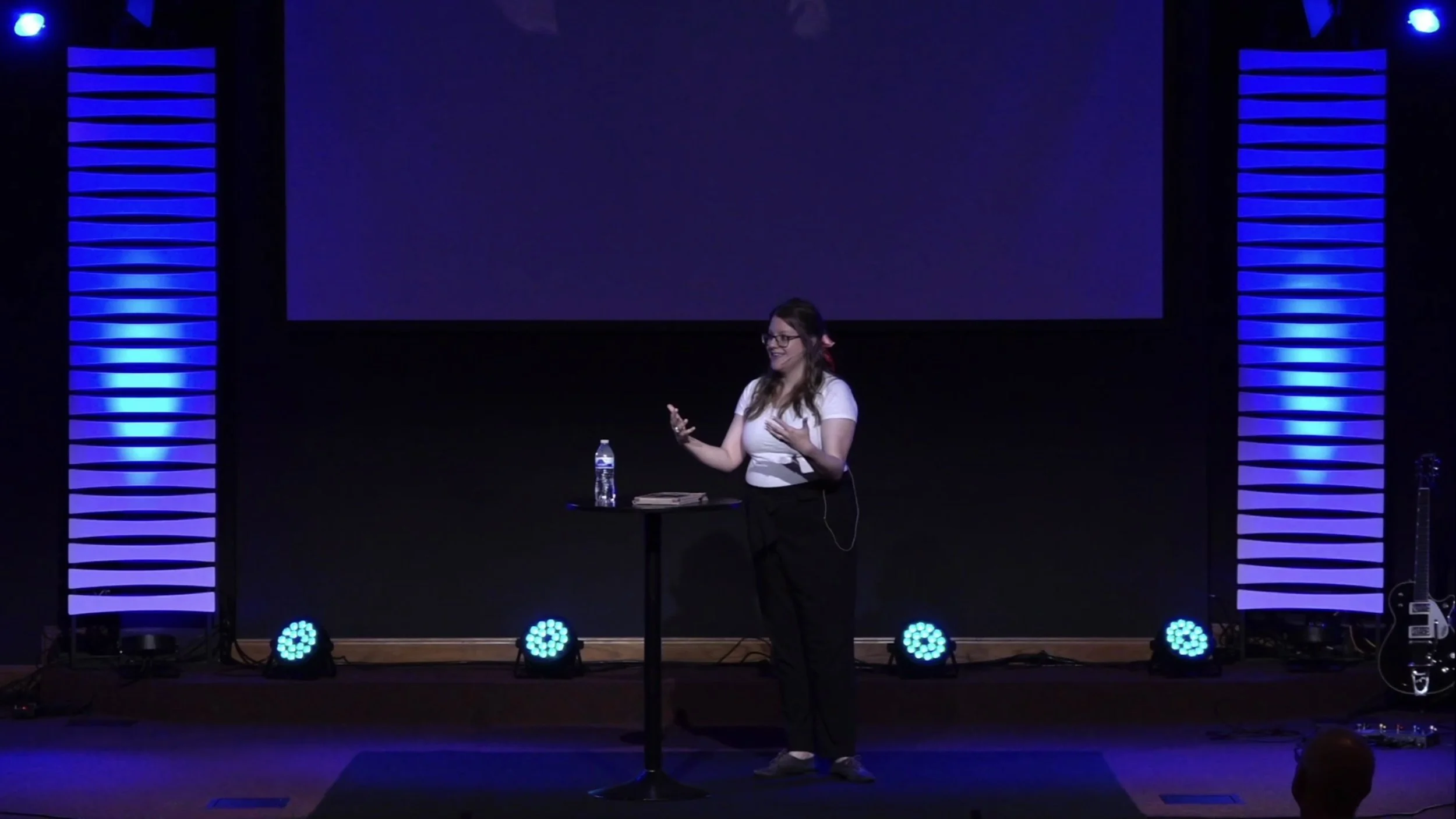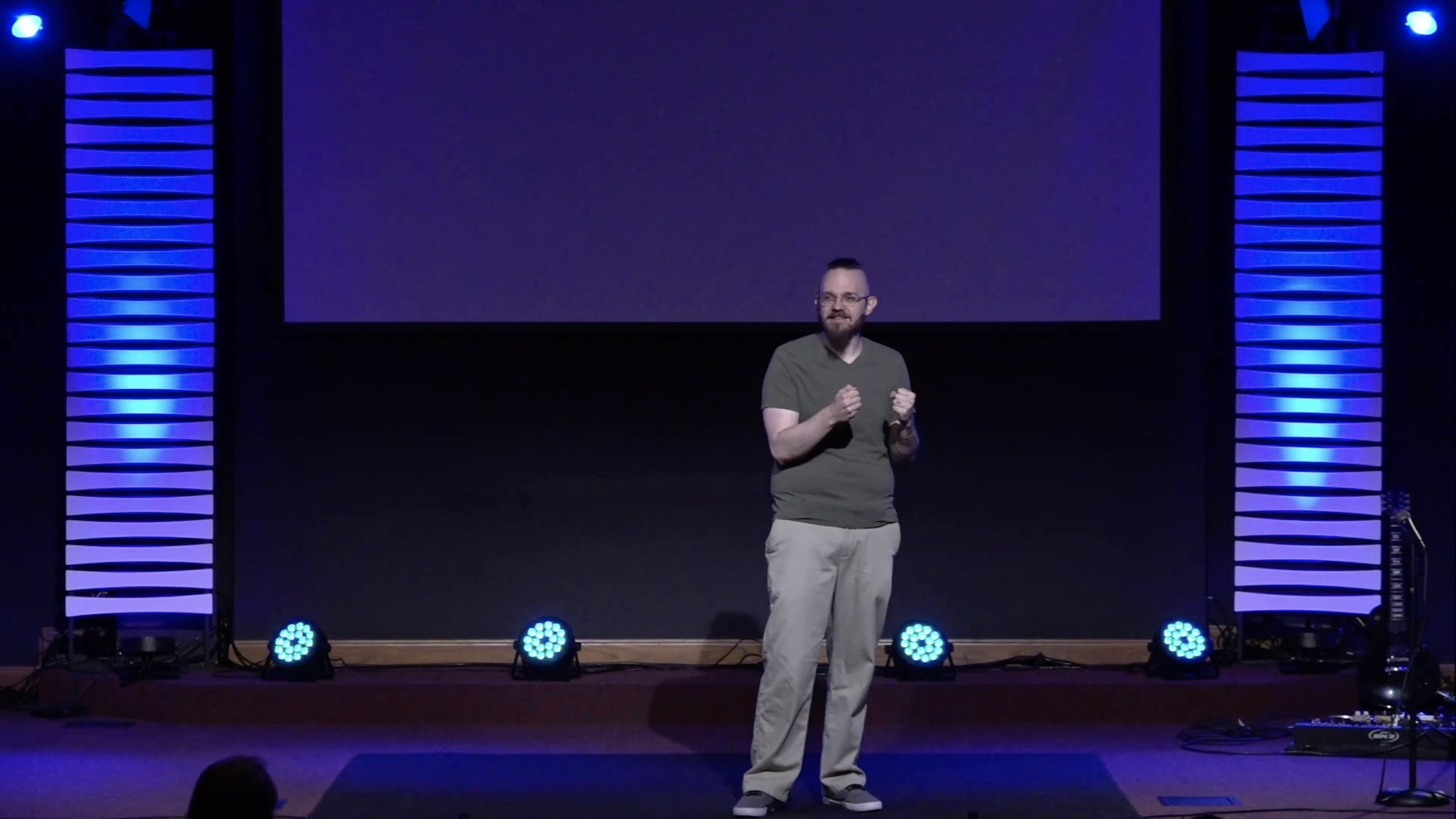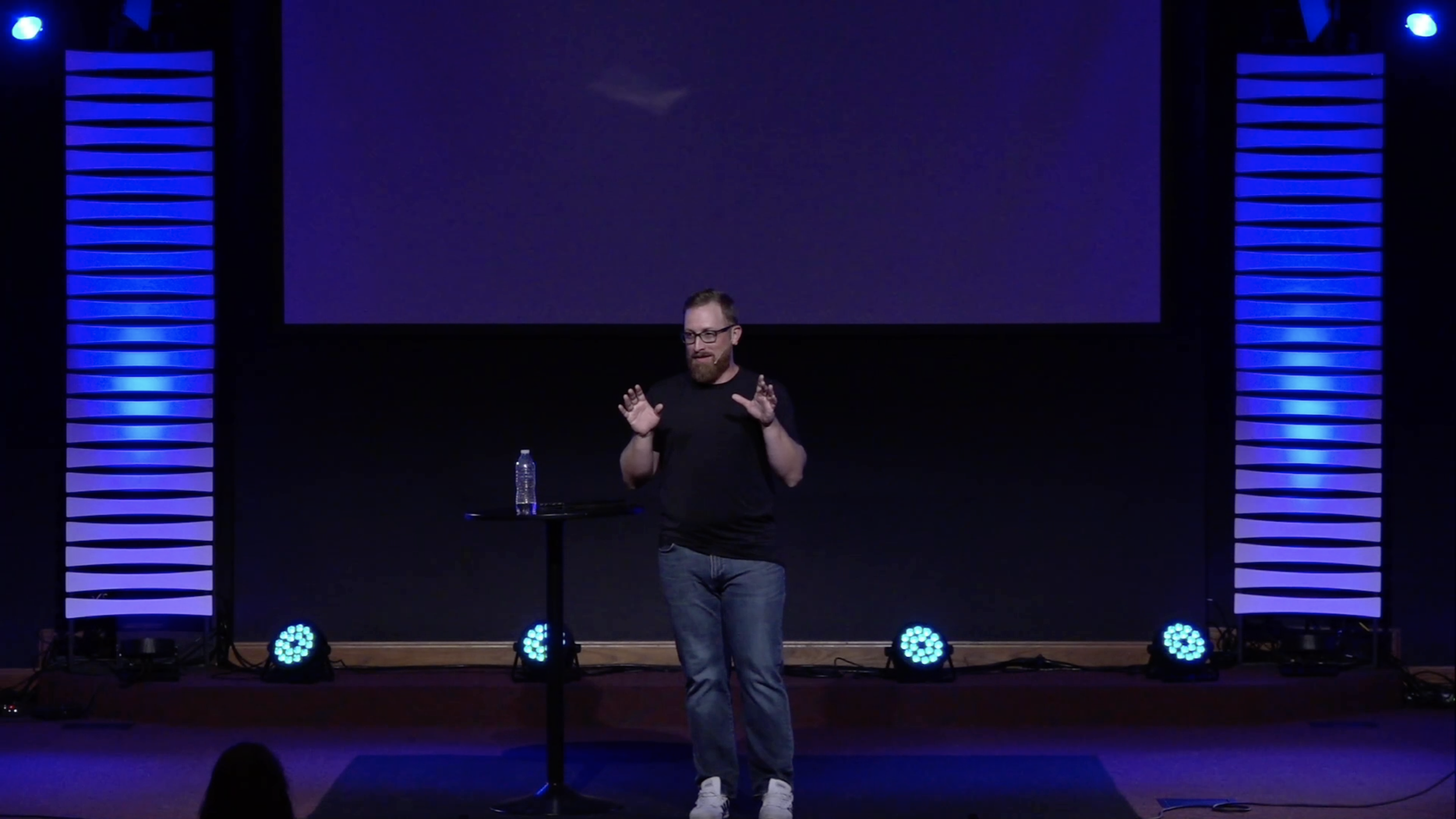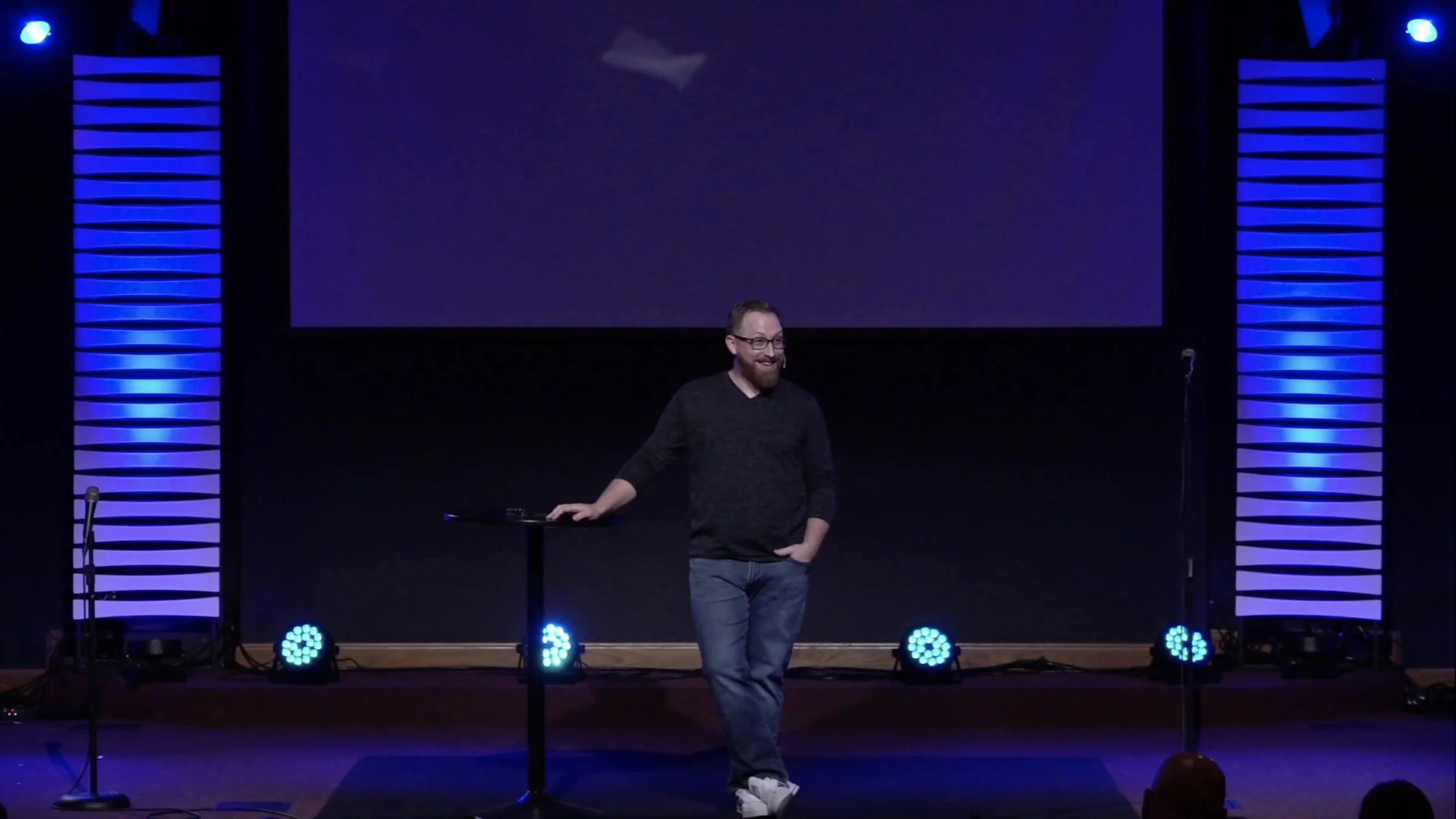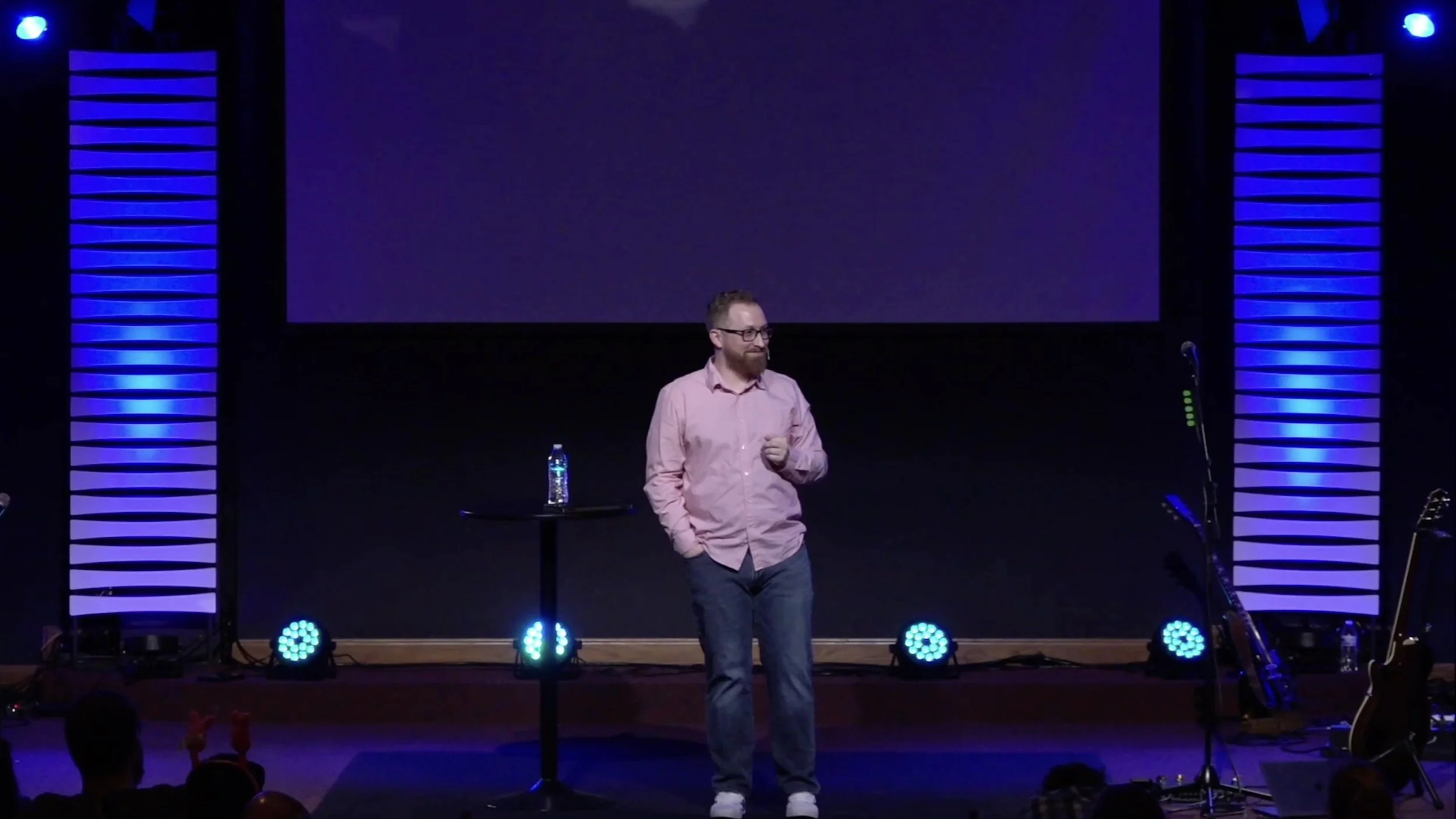When you think of discipline, what do you think of? Your parents yelling at you when you spilled some milk as a kid? Being sent to the principle's office in front of your entire class? No matter who we are we all have images and moments that spring to mind when we think of discipline, and for most of us the images are images of punishment and pain.
But what if we have it all wrong when it comes to God? What if we should actually see ALL the painful things in our lives as God's discipline, regardless of if they're really his discipline or not? What if, for some of us, our desire to avoid discipline actually short circuits the ability to have the peace of God in our lives?
This week we're digging into Hebrews chapter 12 to gain a deeper understanding of not only how we should view God's discipline in our lives, but, why we should view everything painful in our lives through the lens of God's discipline. Most importantly we're going to learn why God's discipline is such an important part of our life and how to allow it to bring us peace and to help other people find peace, too.
Read More

